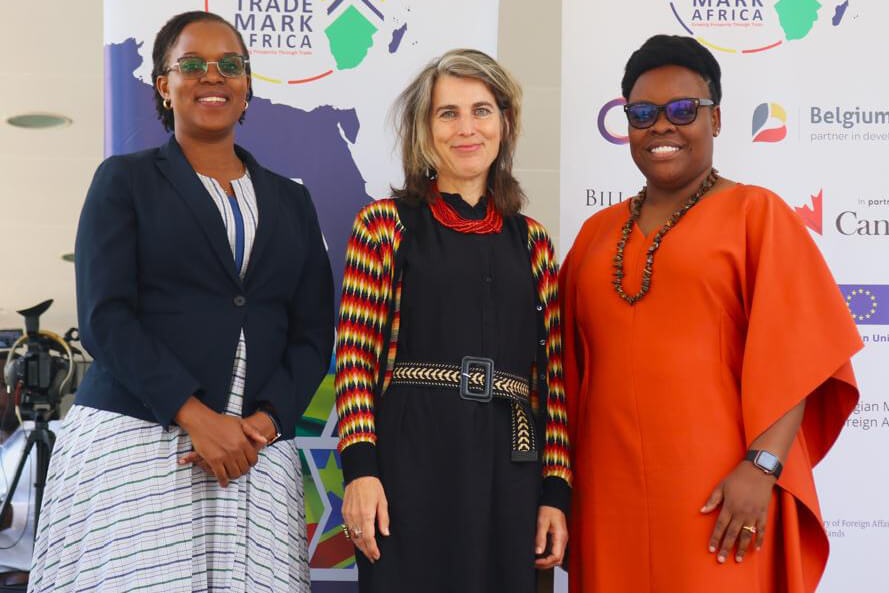
Our Projects are
Transforming African Trade
Quick Contacts
2nd Floor, Fidelity Insurance Centre Waiyaki Way, Westlands

The strategy aims to boost trade across member states, with a focus on trade facilitation, regional integration, and capacity building.
TradeMark Africa (TMA), an organization focused on promoting trade and economic development across African nations, has launched a new initiative aimed at enhancing value addition in Uganda’s agricultural sector.
Since its establishment in 2011, TMA has been working to reduce trade barriers and foster regional integration, and this latest move marks a significant step toward increasing Uganda’s agricultural productivity.
Speaking to journalists, Monica Hangi, regional director for East and Central Africa at TradeMark Africa, outlined the organization’s ambitious seven-year strategy, running from 2023 to 2030.
The strategy aims to boost trade across member states, with a focus on trade facilitation, regional integration, and capacity building.
Ms Hangi revealed that TMA has secured USD 1 billion in funding from 13 donors to support the program.
“Discussions in Uganda have centered around value chain enhancement within the agricultural sector, particularly empowering and supporting youth in this area,” she explained.
With agriculture contributing 24% of Uganda’s GDP and employing over 70% of its workforce, the potential for growth through value addition is immense.
The initiative is designed to improve the competitiveness of Uganda’s agricultural products, which could significantly increase farmers’ incomes and generate jobs.
Ms Hangi also highlighted TMA’s broader impact, noting that their infrastructure investments across Africa have spurred a 12.8% growth in regional trade, largely due to streamlined trade processes and better market access for agricultural products.
During a two-day stakeholder meeting at the Sheraton Hotel in Kampala, TradeMark Africa officials announced plans to establish a national accreditation system and a digital warehouse aimed at boosting Uganda’s coffee trade.
As one of Africa’s leading coffee producers, Uganda stands to benefit from improved quality assurance and streamlined export processes, enhancing the global marketability of its coffee.
Patricia Ejalu, Executive Director of Standards at the Uganda National Bureau of Standards (UNBS), praised TMA’s efforts but emphasized the need for long-term sustainability.
“The work done so far is remarkable, but ensuring these programs benefit farmers and the sector in the long run is critical,” she said.
Beyond coffee, TMA’s initiative seeks to empower local farmers across various agricultural sectors by providing training, resources, and improved market access.
By fostering innovation and encouraging partnerships, the organisation is positioning Uganda to capitalize on its agricultural potential.
As TMA implements its seven-year strategy, it envisions a future where Ugandan agricultural products not only compete globally but are also recognized for their quality.
With strong financial backing and a comprehensive plan in place, TMA is poised to play a crucial role in transforming Uganda’s agricultural landscape and strengthening trade across Africa.
Disclaimer: The views and opinions expressed in this article are those of the authors and do not necessarily reflect the official policy or position of TradeMark Africa.